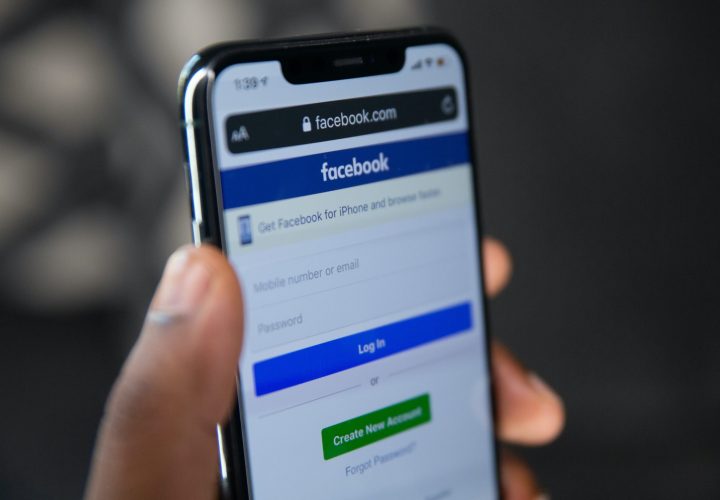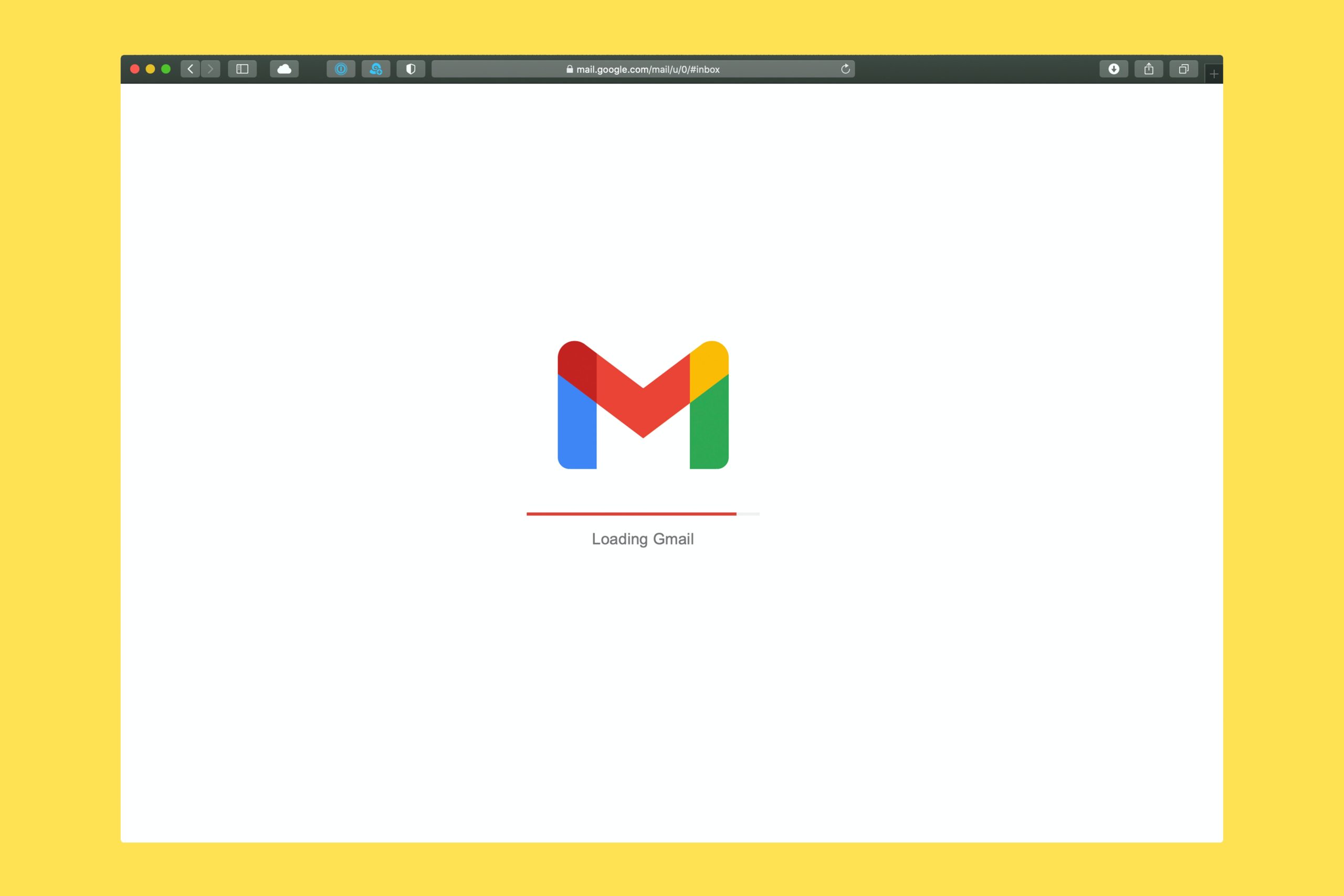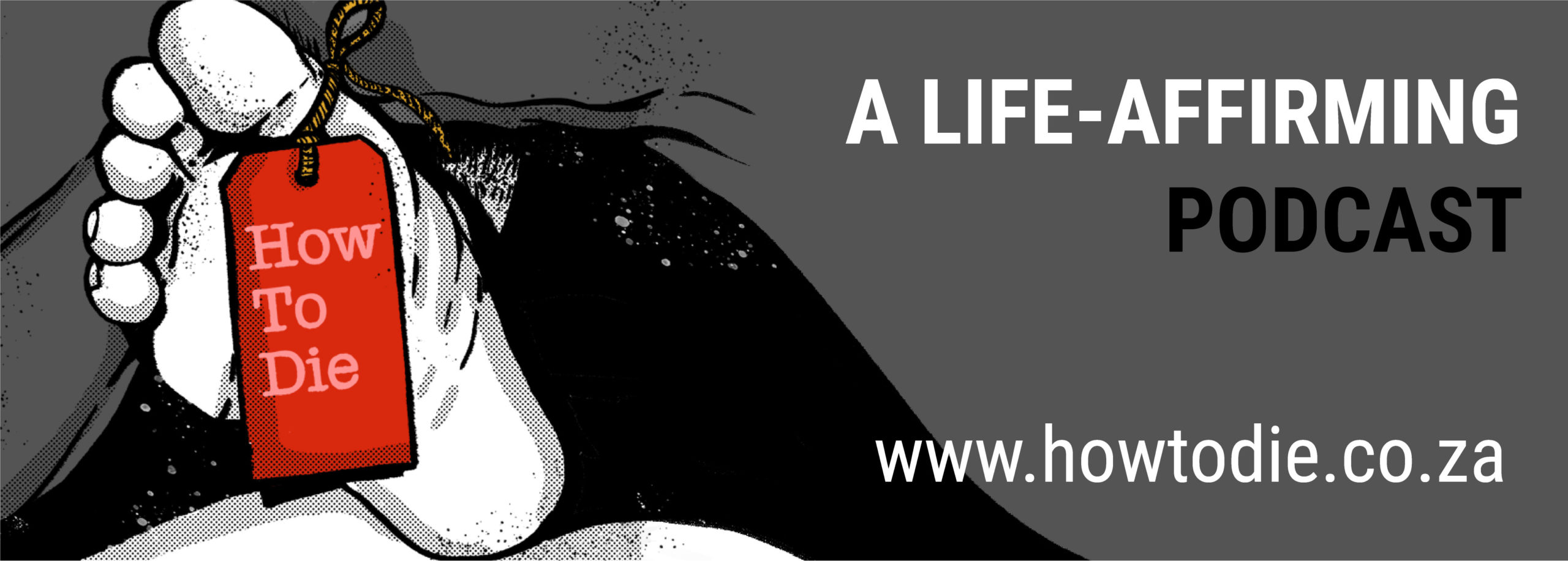Maverick Life OP-ED
Digital demise: What happens to your online self once you die?

Wiping every trace of yourself from the digital ether after you die is hardly straightforward; instead, it’s a project that might better be suited to the indefinite time you have before expiration.
I sent a group email the other day which included an address I shamelessly scraped off a cc’d list. I got a reply unlike any I’d seen before. The recipient, who I did not know, had died, and an automatic reply set up by a colleague informed me so; my cheery spam email suddenly got real.
Which then made me think: what happens to your email when you die, if you don’t have a kind colleague or family member who knows your password? How long would they keep your account going before closing it, and then, how could they?
My email, which is the de facto filing cabinet of my life, might also contain some useful information. Its contents are a matter of record, some of which involve receipts and details that might impact upon the responsibilities of my executor. Do “my” emails even belong to me, or to Google? And who is allowed to access them?
Estelle McGinley, a social worker in Limerick, Ireland, deals with these kinds of questions. Quoted in a very useful article about “digital demise” in the Irish Times, she says, “The challenge about when to close an account is reminiscent of other issues that bereaved families [will] face, such as disposing of the deceased’s clothes. This can be a very emotive process as clothes and possessions are full of meaning and memories, therefore it is a process that should not be rushed, but undertaken when the bereaved feel able to do so.”
She says that families need to reach consensus about these processes, similar to any other artefacts left behind, like cherished collections of sneakers or vintage lingerie.
For Google, you might then want to assist any surviving relatives fighting over your saggy knickers by setting up an Inactive Account Manager. You then decide which data to save and choose which people can access it or delete the account entirely. (If you fail to do this, anyone wishing to delete your account after you perish will need a death certificate. For Twitter, Dropbox, Instagram and Facebook, death certificates are also mandatory.)
But it’s hardly straightforward, especially if you wish to wipe every trace of yourself from the digital ether, a project that might better be suited to the indefinite time you have before expiration. Researching this, the best advice I’ve come across is this: go to the source, ask nicely and be patient. But this doesn’t always work.
Take the case of Hollie Gazzard, for instance.
Hollie Gazzard was murdered by her ex-boyfriend six years ago in front of customers and colleagues at her place of work, the Fringe Benefits Beauty Salon in Gloucester, UK. After her death, friends and relatives still visited her Facebook page, but now to remember her. She’d had an active profile, and her ‘wall’ was a kind of online shoebox, full of stuff, some great, some not so.
Facebook is known as the world’s biggest cyber graveyard, with “dead accounts” comprising about 1% of its profiles as a result of at least 10,000 of the site’s 2.8 billion active monthly users dying every day. (That the site itself encourages a certain morbidity is a topic for another day).
In the event of death, however, one can apply for a Facebook homepage to become “memorialised”. A pre-designated “legacy contact” is then able to maintain the page but is only allowed to change small details, such as to accept (but not delete) friends and change the profile picture.
Included among Hollie Gazzard’s posts were no less than nine photographs of her with her killer, taken when they were still an item. She’d apparently deleted everything else to do with him “in real life” before she died. She would have wanted the pictures taken down, said Nick, her dad. Also, they were upsetting to see; and in some morbid ways, fascinating too, I guess, for any internet voyeurs to see them together, knowing what happened. Lots of people visited the site.
Yet Facebook refused to take the pictures down. Their terms of use agreement skews towards protecting the privacy of its users, even beyond death. This is not uncommon. What you might think of as your “digital assets” – your Twitter, Instagram, YouTube channel, email, Tinder matches, Google profile, iTunes and your online gaming account (plus all the virtual trophies you’ve won, despite their monetary value) – these are not transferable.
They are yours and yours only and cannot be bequeathed to anyone when your personal power button dies, or when your mortal load is permanently shed. That little trolley icon on the top right of the webpage accompanied by the lexicon of the “check-out” is suggestive of ownership, sure, but ownership, it transpires, is just a story.
The “terms of use” agreements that we so often blithely agree to, that usually prevent someone else from logging into your profile, means that your assets are only rented. (Well, trusted loved ones can technically log-in if they have your password, but then I guess none of the authorities should be notified of your death before they attempt to do so.)
In Hollie Gazzard’s case, only after a two-year battle did the offending pictures come down, and then only because of a copyright infringement technicality. The pictures had been taken by Hollie herself, and as a beneficiary or executor of her estate, her dad withdrew his consent for the site to use them.
Which begs the question: which of your Facebook friends is most likely to harbour a lethal grudge? And if you are a Facebook user, have you appointed a legacy contact? Do you need to? I guess it depends whether you think your page is really the album of your life, and want it memorialised? Some people do state this in their will. Luckily, I don’t know any of these people personally.
But what about your other digital assets? Your banking passwords, your photographs, your cryptocurrency wallet?
When you die, your laptop, PC, tablet, phone, smartwatch and anything on them become the property of your estate, which will access and distribute the information on each device relative to instructions in your will.
However, as each online site has its own terms of service agreement, this can be pretty complex.
As we spend more of our lives online, maintaining one’s “digital legacy” is becoming a mainstream occupation and now considered part of good estate planning. In some parts of the world, a “digital executor” is now a real thing.
I am thus electing my teenage son, an adept “digital native” (i.e. born with bandwidth) for this role and specify so in my will. Here I have an option – I could let him know that I use a robust password manager like LastPass (perhaps thus named not because it’s the last password manager you’ll need, but because you’re passing on?), but as a “digital immigrant” (i.e. born analogue), I have an inherent distrust of these things, as I do for fingerprint and iris scanners and the like.

Image: Solen Feyissa / Unsplash
One funeral consultant interviewed on an episode of the BBC’s We Need to Talk About Death podcast called Death in a Digital Age said that he’s granted access more than once to the morgue for families to scan dead fingers, as a laptop or smartphone is held against a stiff digit in the hopes of accessing a banking profile to cover the expenses of a top-flight wake or memorial.
My own father’s bank account froze on his death because the bank was notified too soon. My dear mom relied on my aunt for funds until it could be accessed. If only she had his password… And another acquaintance is still paying the bank charges on her deceased husband’s frozen account until the estate is wound up.
All these things take a little foresight and planning. A colleague’s mother passed away not long ago and her surviving children paid for months of things with her Mastercard. It became a kind of emergency shared account, while a year later, the executor still hasn’t finished his job, amassing fees and expenses like some kind of leprous vulture. Yes, you get them.
Doesn’t it then make sense to share passwords with family members to prevent this type of frustrating hiatus, something that can potentially complicate grief? (“It wasn’t so much the manner of his passing that fed my grief as much as the way his crypto assets imploded while there was nothing I could do about it that really got to me!”)
There are other kinds of digital assets that a “digital executor” of your estate might also take a look at – subscriptions, memberships, hosting services and the like. For these, I have typed out a frequently updated (and printed and filed) Excel document that has all the usernames and passwords my son will need, all my major investments and others, in fact everywhere I’ve left bits and bytes of myself with each tap, swipe or click I’ve ever made.
The Wi-Fi my son might use for managing this is paid for with an automatic deduction on my credit card. If I die near the beginning of the month, he should have enough data, providing he doesn’t stop the card – but then why would he? For my children and their peers, Wi-Fi is like oxygen. Deprived of it, their eyes bulge and they splutter to life demanding what’s happened to their connection. But it’s like oxygen to others, too.
Wi-Fi has enabled crucial family bonds to hold a fragile connection during the Covid-19 pandemic, even allowing for a meaningful simulation of farewells where physical contact cannot occur. For people at the end of life, or isolated in hospital or at home, an internet connection can keep love alive and the demons at bay, although technical difficulties can also cause anxiety and some contend that a little digital contact is worse than none, reinforcing loneliness and isolation.
Yet live streaming of memorial services and funerals has undoubtedly helped people gather to mourn together, keeping important rituals alive. For people who have died, online memorials at places with ghastly names like Never Gone and Forever Missed provide an infinite locus for remembrance. And hey, I’m really not sure about this. Perhaps life’s impermanence means letting go and accepting death a little more. I believe that things are meant to fade, even the inscribed stones on graves lose legibility after a while, and shouldn’t graves get recycled in any case? Maybe death has a lifespan? Or life a deathspan?
That’s an idea that another friend is experiencing. She receives WhatsApp messages telling her that “Bob has left the group”. Bob’s her dad. He’s been dead for seven months. Others are haunted by dead friends’ birthday reminders from Facebook and other places.
This isn’t surprising. Online is where we live now. But there’s a disjuncture between these spaces, online and offline. They are not in synch, but getting closer, as holograms of dead people present awards on TV and billionaires strive to upload themselves to the cloud forever (where they can remain, as far as I’m concerned).
As comedian Bo Burnham states in his fiendishly accomplished and very funny Netflix film, Inside, what we know as “the real world” is actually just a place we come to chill before we go back online and get things done, like work and relationships. That’s now the real world. Not here. Should you pay it some close attention before your power dies? DM/ML

Sean O’Connor is an End-of-Life Carer (“death doula”) and hosts the How To Die podcast on Apple and Spotify.


















 Become an Insider
Become an Insider
Comments - Please login in order to comment.